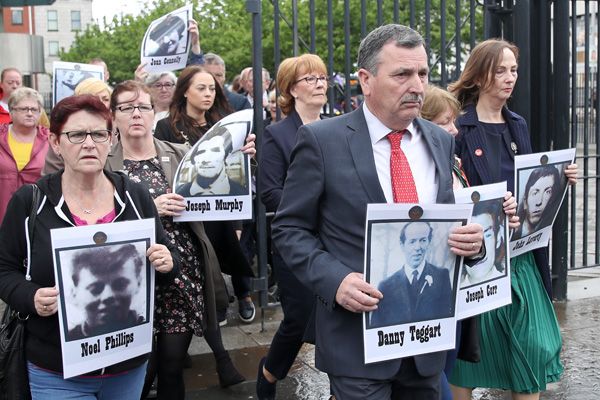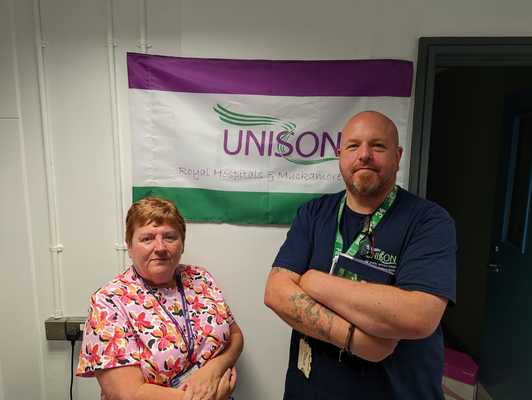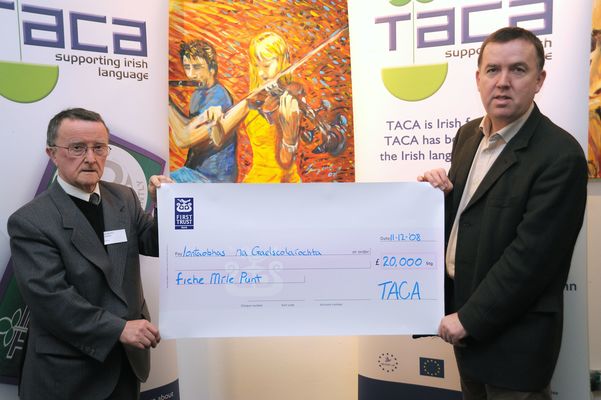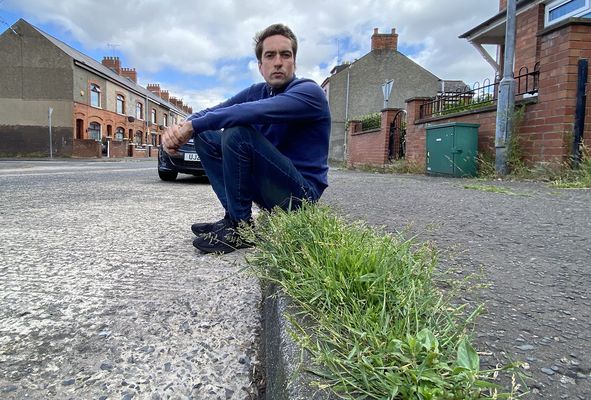THE FINDINGS of the inquest into the Ballymurphy Massacre are set to be published on 11 May.
Presiding Coroner, Mrs Justice Siobhan Keegan, has today announced she will publish the findings in the case of 10 civilians who were killed by the British Army’s notorious Parachute Regiment in Ballymurphy during 36-hour period in August in 1971.
Inquests into the deaths were originally held in 1972 and returned open verdicts.
With the RUC failing to carry out an investigation into the killings, and key witnesses not called to the inquests, the Ballymurphy families had long held that the inquests were a “sham”.
In 1998, families began a campaign to have their loved one's names cleared and declared innocent.
The families gathered new evidence and eyewitnesses which, in 2011, prompted the Attorney General to hold a new inquest into the deaths of ten of the victims.
A new inquest got underway in November 2018 and final oral evidence was heard in March 2020.
Welcoming Justice Keegan’s announcement, the Ballymurphy families said their campaign for justice “has been a long and difficult road”.
“It is apt that the findings will be published in this, the 50th anniversary of the deaths of our loved ones,” their statement read.
“It has been a long and difficult road for all of us. Sadly, many family members, campaigners and civilian eye witnesses did not live to see this day and our thoughts are with them and their families.
“Families endured 100 days of evidence in court with final submissions being presented on 3rd March 2020.
“During the inquests families had to sit through horrific evidence about how their loved ones died as well as how they were treated both before and after their deaths. Gruesome details of their injuries and their last moments before death were revealed in evidence.”
John Teggart, whose father Daniel Teggart was amongst the victims, said: “I grew up searching for answers of why my daddy was murdered.
“Families have worked very hard to get to this stage when we will see the results of the many years of campaigning for truth.
“We have confidence that the coroner's findings will vindicate our loved one's innocence."
Pádraig Ó Muirigh, a solicitor who acts for many of the families, said: “It has been a long road to this point. There have been many frustrations, obstacles, the good days and the bad days. I am grateful to our staff and our dedicated counsel for their diligent work, but most of all I am indebted to the Ballymurphy families who had to sit through the graphic detail of the circumstances of their loved one’s death and the testimony relating to the brutality of the Parachute Regiment. They have always retained their respect and dignity in the most difficult circumstances.
“The Ballymurphy Inquest has been one of the most high-profile and longest running inquests in our history and the fact that we are now at this point is a tribute to the families who have shown that even the most marginalised citizens will never stop fighting to be treated as human beings with human rights. It testifies to their irrepressible demand for truth and justice.”
The Ballymurphy Massacre (9-11 August 1971) was a series of incidents that resulted in the deaths of eleven civilians in total. For the purposes of the inquest, the corner examined five of the incidents.
The first shooting incident on August 9 resulted in the deaths of Father Hugh Mullan and Francis Quinn on waste ground that lay between Springfield Park and Moyard Park.
Moments later, a short distance away, a second incident saw Joan Connolly, Noel Phillips and Daniel Teggart shot dead in an area known as “the Manse”.
Joseph Murphy, who was shot in the leg during the attack, died of his injuries on 22 August 1971.
A third shooting incident resulted in the death of Edward Doherty on the Whiterock Road in the late afternoon of 10 August.
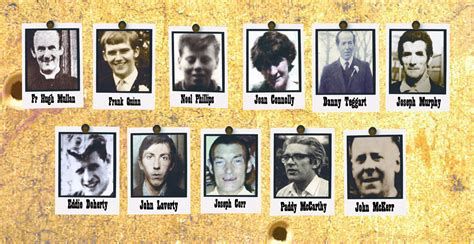
In the early hours of 11 August, Joseph Corr and John Laverty were shot at another location in the Whiterock Road area. Mr. Corr died of his injuries on 27 August that year.
The fifth and final incident included in the inquest was the shooting of John McKerr on Westrock Drive 11th of August 1971. Mr. McKerr died of his injuries on 20th August 1971.
The death of Paddy McCarthy, who died of a heart attack after being harassed and beaten by British soldiers on foot patrol, was not included in the inquest.
Mr McCarthy was confronted while delivering milk and bread to the local community. Shots were fired over his head resulting in his death by a heart attack. The Ballymurphy families said they will “continue to campaign for Truth and Justice for Paddy and his family.”

